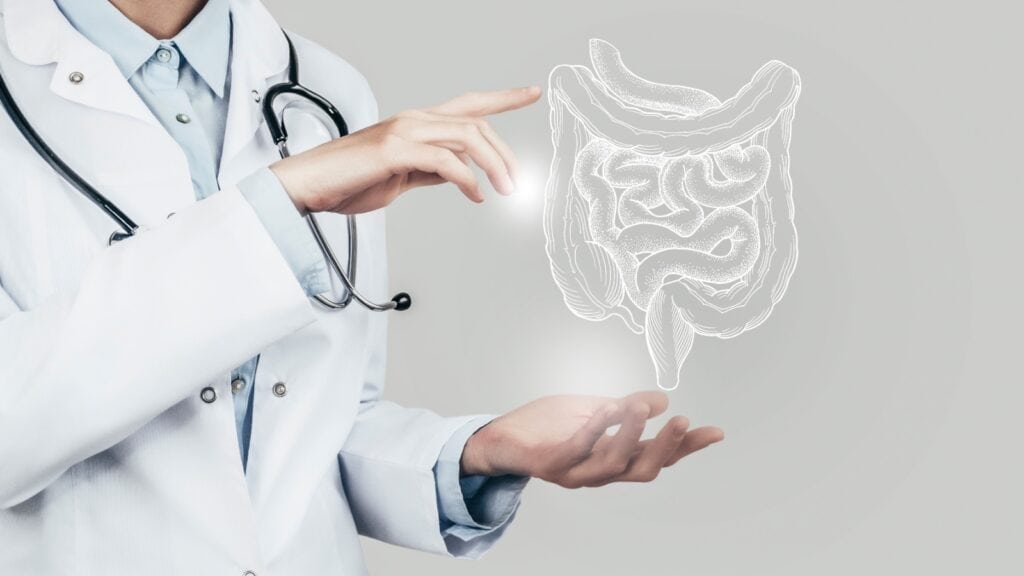Do You Really Need to Take Vitamins? 6 Reasons Supplements May Be Necessary
In today’s health-conscious society, vitamins and supplements are a multi-billion-dollar industry, with countless products promising to improve your health, boost your energy, and fill nutritional gaps in your diet. But how do you know if you actually need to take vitamins? While some people benefit from supplementation, not everyone requires them.
Understanding when vitamins are necessary can help you make informed decisions about your health. This article explores the signs that you might need vitamins, key life stages when supplements are particularly important, and expert insights to guide your choices.
Understanding Nutritional Deficiency

The first step in determining whether you need vitamins is understanding what nutritional deficiencies look like. A deficiency occurs when your body lacks essential nutrients that it needs to function properly. Common symptoms of deficiencies include fatigue, weakness, brittle nails, hair loss, and frequent illnesses.
How Are You Eating?

Dr. Michael Roizen, Chief Wellness Officer Emeritus at the Cleveland Clinic, explains, “If you have a well-balanced diet rich in fruits, vegetables, whole grains, and lean proteins, you’re likely getting most of the vitamins your body needs. However, certain life stages, dietary restrictions, or medical conditions may increase your risk of deficiencies.”
For example, a lack of vitamin D, often called the “sunshine vitamin,” is common in people who live in areas with limited sunlight. Vitamin D deficiency can lead to bone pain and muscle weakness. Similarly, a deficiency in vitamin B12, which is primarily found in animal products, may cause anemia and neurological issues, especially in vegans and vegetarians.
Life Stages and Conditions That May Require Supplementation

There are certain life stages and conditions when your body’s nutritional needs change, and supplementation may be beneficial. Below are some key times when you might need to consider taking vitamins:
Pregnancy

Pregnancy is one of the most critical times for nutritional support, as the body’s need for vitamins and minerals increases to support the growing fetus. Folate (or folic acid) is particularly important during pregnancy. Dr. Marjorie Greenfield, an OB-GYN at University Hospitals, emphasizes the importance of this nutrient: “Folic acid is crucial for preventing neural tube defects in the developing baby. It’s recommended that women who are pregnant or trying to conceive take a folic acid supplement.”
Pregnancy Needs

Additionally, pregnant women often require higher levels of iron to prevent anemia and maintain healthy oxygen levels for both mother and baby. Prenatal vitamins, which contain a blend of essential nutrients like folic acid, iron, calcium, and DHA, are commonly recommended to support a healthy pregnancy.
Aging

As we age, our bodies become less efficient at absorbing certain nutrients, which can lead to deficiencies. For instance, the ability to absorb vitamin B12 from food decreases with age, putting older adults at risk for deficiency, which can contribute to cognitive decline and anemia. Vitamin D and calcium are also important for older adults to maintain bone health and prevent osteoporosis.
Check B12, Calcium & Vitamin D

Registered Dietitian Nutritionist, Susan Bowerman, notes, “As we get older, our dietary patterns often change, and we may not get all the nutrients we need from food alone. In some cases, a vitamin supplement can help fill those gaps, particularly with B12, calcium, and vitamin D.” While you can receive vitamin D from sun exposure, it is not always enough.
Dietary Restrictions

Certain dietary choices, such as veganism or vegetarianism, can increase the risk of specific nutrient deficiencies. For example, vitamin B12, which is essential for nerve function and red blood cell production, is found naturally in animal products. Vegans, therefore, may need to take a B12 supplement to avoid deficiency.
Restrictive Diets Often Need Help

Similarly, those who follow a vegan diet, or a strict gluten-free diet due to celiac disease or non-celiac gluten sensitivity may be at risk for deficiencies in fiber, iron, and certain B vitamins. Dr. Alessio Fasano, Director of the Center for Celiac Research, suggests, “Individuals on a gluten-free diet should be mindful of their nutrient intake and consider a multivitamin that includes iron and B vitamins, particularly if their diet is lacking in fortified foods.”
Medical Conditions

Certain medical conditions can affect how your body absorbs and utilizes nutrients, making supplementation necessary. For example, people with Crohn’s disease, ulcerative colitis, or other gastrointestinal disorders may have difficulty absorbing nutrients from food, leading to deficiencies in vitamins like B12, D, and K.
Chronic Conditions

Endocrinologist Dr. Terry Davies explains, “Patients with chronic conditions that affect the gut often struggle with nutrient absorption. In such cases, a healthcare provider might recommend specific vitamin supplements to address these deficiencies and support overall health.”
When You Might Not Need Supplements

While vitamins are essential for health, more is not always better. For individuals with a balanced diet, supplementation may not be necessary. Dr. JoAnn Manson, Professor of Medicine at Harvard Medical School, cautions against the overuse of supplements: “There’s a misconception that taking more vitamins will improve health, but that’s not always the case. In some instances, high doses of certain vitamins can be harmful.”
Excessive Vitamin Intake Can Happen

For example, excessive intake of vitamin A can lead to toxicity, causing symptoms like liver damage and headaches. Similarly, too much vitamin D can result in calcium buildup in the blood, leading to kidney stones and other health issues.
How to Decide if You Need Vitamins

The best way to determine if you need to take vitamins is to consult with a healthcare provider. They can assess your diet, lifestyle, and any symptoms you may be experiencing, and recommend blood tests to check for deficiencies. If a deficiency is identified, your healthcare provider can suggest the appropriate supplement and dosage.
One Dose Does Fit All

Dr. Katherine Zeratsky, a Mayo Clinic dietitian, advises, “It’s important to approach vitamins with a personalized strategy. Not everyone needs the same supplements and taking them without a clear reason can lead to unnecessary health risks. A balanced diet should always be your first line of defense.”
The Takeaway

Vitamins and supplements can be beneficial, but they’re not a one-size-fits-all solution. By understanding the signs of nutritional deficiencies, recognizing key life stages and conditions that increase nutrient needs, and consulting with healthcare providers, you can make informed decisions about whether supplementation is right for you. Remember, a healthy diet rich in a variety of foods is the best way to meet your nutritional needs, with supplements serving as a helpful tool when necessary.
Fall 2024: Navigating COVID-19 Vaccines and Booster Shots

As of August 2024, the availability of COVID-19 vaccines and the timing for boosters is an important topic, as health authorities prepare for the upcoming fall and winter seasons. With the emergence of new variants and the waning of immunity from previous vaccinations, it is crucial to understand the current landscape of COVID-19 vaccination. This article provides a detailed overview of the situation, vaccine availability, booster recommendations, and the rationale behind these measures. READ: Fall 2024: Navigating COVID-19 Vaccines and Booster Shots
7 Ways to Secure Health Insurance Coverage After Losing Your Job

Losing employment can feel like navigating turbulent waters without a compass. The uncertainty of health coverage adds to the stress. However, understanding your options can bring clarity and relief. We understand the challenges that come with such a situation and offer clear pathways to secure coverage. Let’s explore the options.
READ: 7 Ways to Secure Health Insurance Coverage After Losing Your Job
Join Us

Join us on this empowering journey as we explore, celebrate, and elevate “her story.” The Queen Zone is not just a platform; it’s a community where women from all walks of life can come together, share their experiences, and inspire one another. Welcome to a space where the female experience takes center stage. Sign up for our newsletter so you don’t miss a thing, Queen!







